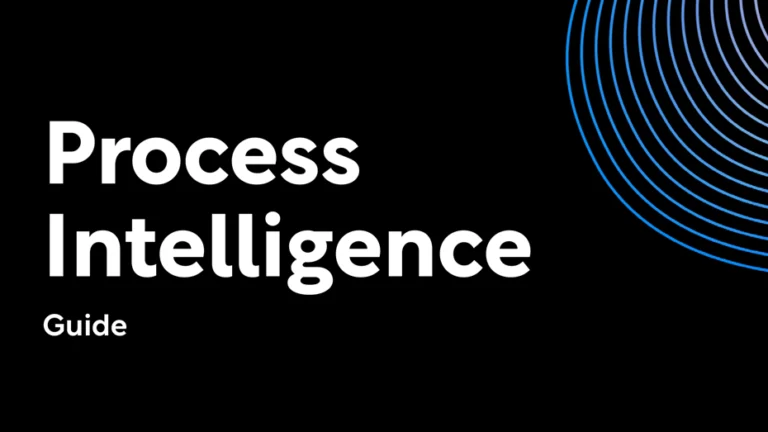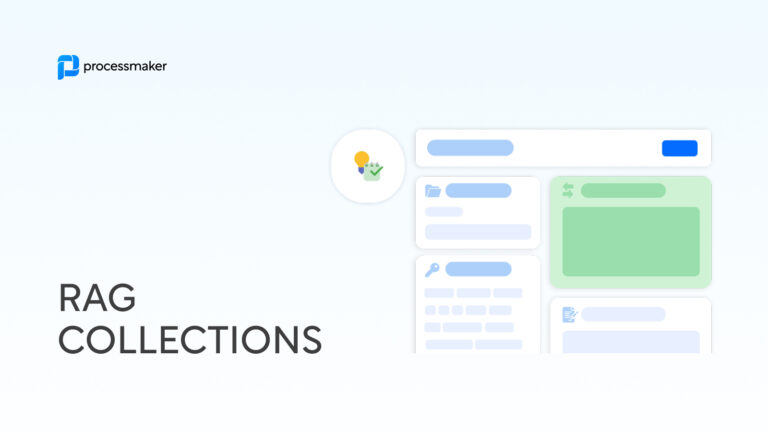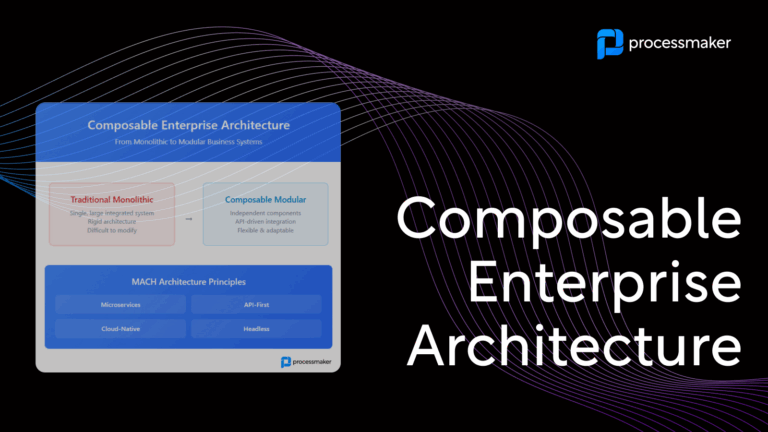Business rules are essentially organizational building blocks of company policy used to obtain strategic aims. Business rules set the parameters for how tasks are executed and how organizational functions are run. When you create, manage, and automate business rules, you are, in effect, engaged in business rules management with the objective of using fewer resources to achieve the same goals.
A Business Rules Management System (BRMS) is a platform designed to automate decision logic as a business rule across applications. Instead of integrating source code on a single application basis, a BRMS platform externalizes management’s business rules away from application code. As a result, multiple applications can use the designated business rules at the same time.
Why use a BRMS?
Companies can use a BRMS platform to maintain their business rules and determine actions from a central repository. Decision logic is based outside of programming code, making BRMS a catalyst for accurate logic, process efficiency, improved productivity, and agility. You can make faster business rule modifications at any given time and when needed. There are several ways business rules can be stored and defined, including the following:
- Informal
- Written
- Formal
- Automated
Any business that takes their business rules seriously, then the right BRMS platform can ensure that they are both formal and automated. Sending out rules on paper or via e-mails is no longer efficient, nor are they secure.
Do you need a BRMS?
Every industry, every vertical, is governed by a set of rules. So then, it seems logical to implement a BRMS system in most organizations, including:
Any business, organization, or government entity that is governed by rules
- Any entity governed by rules
- Businesses with internal policies for employees, customers, and partners
- Organizations who want to improve both accuracy and efficiency around decision making
- Executives who want to make informed decisions more quickly
- Companies that want to improve compliance
Now, let’s explore the 5 benefits of business rules management systems.
Improve process efficiency
For any business to thrive requires meeting deadlines, benchmarks, and quotas. Yet, taking the most efficient route becomes challenging without the right set of business rules. Nonetheless, suppose your business does not improve process efficiency. In that case, it may soon start to fade out of a competitive arena and shrink out of the market for not offering in-demand products and services within a reasonable time frame. So then, it’s critical to evaluate your existing work processes and measure their current rate of success against key metrics such as quality, turnaround time, waste, task redundancy, and more.
A BRMS platform allows your company to manage, update, and maintain business rules from a single source of truth to determine where changes should be made. It helps to start by mapping out your existing processes using a flowchart, a swimlane diagram, or by simply writing them down.
Next, pinpoint any bottlenecks and also look for what currently works well. Mark processes that can benefit from optimization. As you visualize your ideal processes, you can then better see loopholes that should be fixed. Now, create your perfect process complete with exactly how you would prefer it to flow and what tasks are crucial for successful completion.
Perhaps communication can be improved – think creatively when searching for solutions. Remember, improving your business processes takes both time and some experimentation. You pose an ideal, execute your theory, and put it to the test. If you find your ideal process doesn’t work as intended, start over. Once you reach a successful outcome, apply your business rules using a BRMS.
Enhanced security features
A BRMS platform can offer a set of features where non-technical end users can create, maintain, and deploy business rules. Business rules can be used to manage workflows and also to make appropriate business decisions. As the rules engine, a BRMS platform would use the forward-chaining inference method supported by the Rete algorithm.
So then, forward-chaining ensures that the engine iterates through any work process until the objective is reached. It pores through every fact until the IF clause is designated as true. When this rule is found, the rules engine will execute the outcome, adding new information to the data set. Security features are built to guarantee that business rules can’t be changed by malware or cybercriminals. Only authorized users can modify business rules.
Express decision logic with precision
When automating and managing business decisions via a BRMS, you get many benefits over traditional routes as listed below:
- Non-technical business users can help improve the business side and IT side collaboration, relieving the workload for all stakeholders.
- Each business rule can be managed independently since they are declarative. The result is simplified management of decision logic while inducing a more precise assessment of quality and consistency.
- Business rules can either deploy a conditional element that designates whether the IF clause is true for a process or not. It conveys precise decision logic that supports improved decision making and analysis.
Reducing reliance on IT for changes
With a BRMS platform, approved non-technical business users can make updates or changes when necessary giving IT more free time to focus on higher-value projects and development. At the same time, IT can utilize a BRMS platform to instill rapid changes making it easier to locate and test decision logic as needed. When multiple departments can contribute and update a BRMS platform, everyone wins since they can take back more of their time and resources to allocate to other initiatives.
Scale decision rules across business applications
When a BRMS is well-designed, it can scale decision rules across as many applications as needed where work processes and workflows are managed. BRMS can be implemented as a single source of truth where end users can conveniently scale decision rules to multiple applications simultaneously.
Final thought
It seems straightforward enough that improving process efficiency will enhance profitability, turnaround time, customer engagement, while decreasing operational costs. However, there are other benefits to consider. To illustrate, if you can offer products and services faster, you can meet and attract more customer demand and become more competitive in your respective market.
Isn’t it time to take advantage of the BRMS benefits? Learn more about Processmaker’s award-winning low-code process automation platform that has a native integration with OpenRules, a decision management and business rules system.





